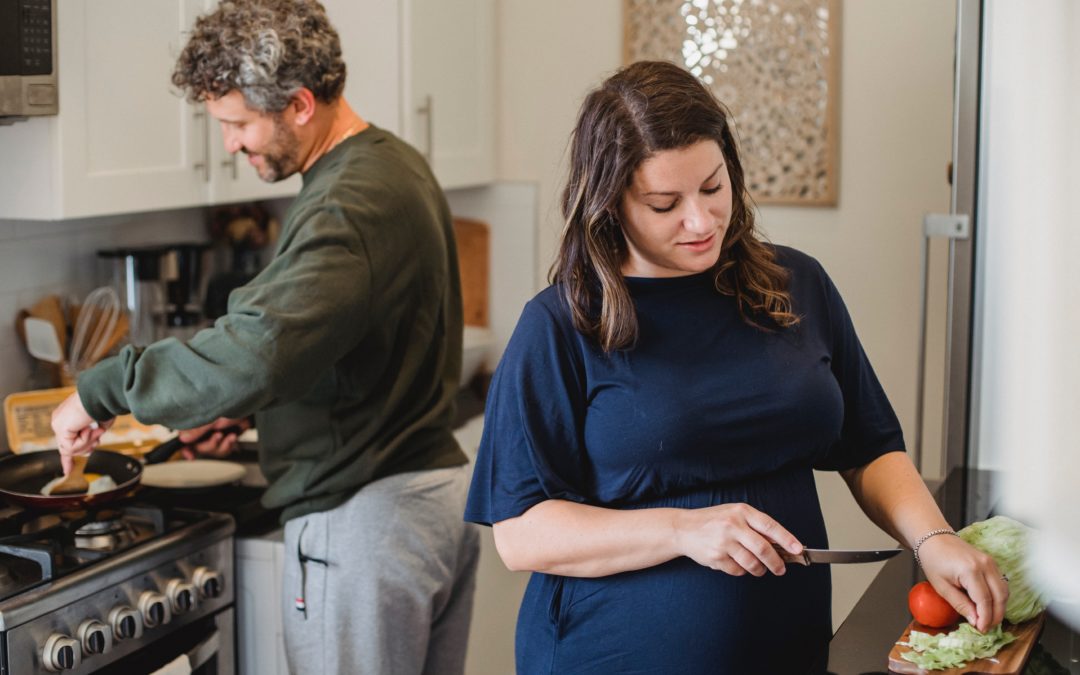How to pay off your mortgage early
In today’s competitive real estate market, buying a home is a major feat.
With record home prices, new homeowners are probably not entertaining the possibility of paying off their mortgage sooner than expected.
But the strategies for paying off a mortgage don’t exactly ask homeowners to move heaven and earth to get ahead. Despite growing home appreciation, new homeowners, and people who’ve become homeowners years ago, can pay off their mortgage well before the projected loan maturation date. Doing so can save homeowners tens of thousands of dollars over time.
Here are some ways to do it.
Set tone with extra house payment
Whether you just bought a home or have been a homeowner for awhile, sending an extra payment is an obvious strategy for accelerating loan payoff.
Before you decide on the extra payment, communicate with your lending company. There might be some rules to follow when submitting an extra payment.
Include a memo that the extra payment is meant to go toward the principal balance instead of the next month’s payment.
Finally, there’s no need to work with a third-party to get the wheel moving on paying off the loan faster. You can accomplish this without paying for additional services such as a mortgage accelerator program.
Pack a lunch
As people get back to more in-person work, it can be tempting to go out for lunch to a burrito shop on a regular basis. Resist the urge. The savings of bringing your own lunch will truly add up over time.
A packed lunch can easily save you $200 a month, which can instead go toward the mortgage. If this type of budget shifting is simply not possible, then try saving at a smaller scale and look for other ways to cut costs, no matter how small they may seem. Use this extra financial breathing room to chip away at the mortgage for a shot at paying it off earlier.
Buy smaller home
This is not a practical option for everyone. But if you’ve been thinking about downsizing, then there’s also an opportunity to pay off mortgage more quickly.
While the proceeds from selling a larger home to buy a smaller one won’t necessarily cover the entire cost, it will certainly lower the borrower’s financial responsibility. And with a smaller mortgage, it’ll be that more manageable to get it paid off faster.
Before taking this drastic step, homeowners should consider a few things. First, they should have a six-month emergency fund set aside for saving. They should also have at least 10 percent for a down payment, have enough cash to cover closing costs and be in a position to afford a 15-year fixed rate loan. These are not requirements, but if you’re able to check these off your list, then financial freedom will soon follow.
Think about refinancing
Refinancing can help lower your interest rate. But if you’ve recently purchased a home, you’re unlikely to secure a better rate, given recent increases to interest rates.
But it’s also possible to decrease the rate by switching to a loan with a shorter loan term. While the monthly payments are going to increase due to the shorter term, this loan arrangement makes it possible to pay off interest in less time.
All information contained herein is for informational purposes only and, while every effort has been made to ensure accuracy, no guarantee is expressed or implied. Any opinions expressed within blogs, videos, podcasts, interviews, presentations, or other online content are solely the opinions of the individual/author and do not represent the opinions or policy of Premier Mortgage Resources, LLC.

